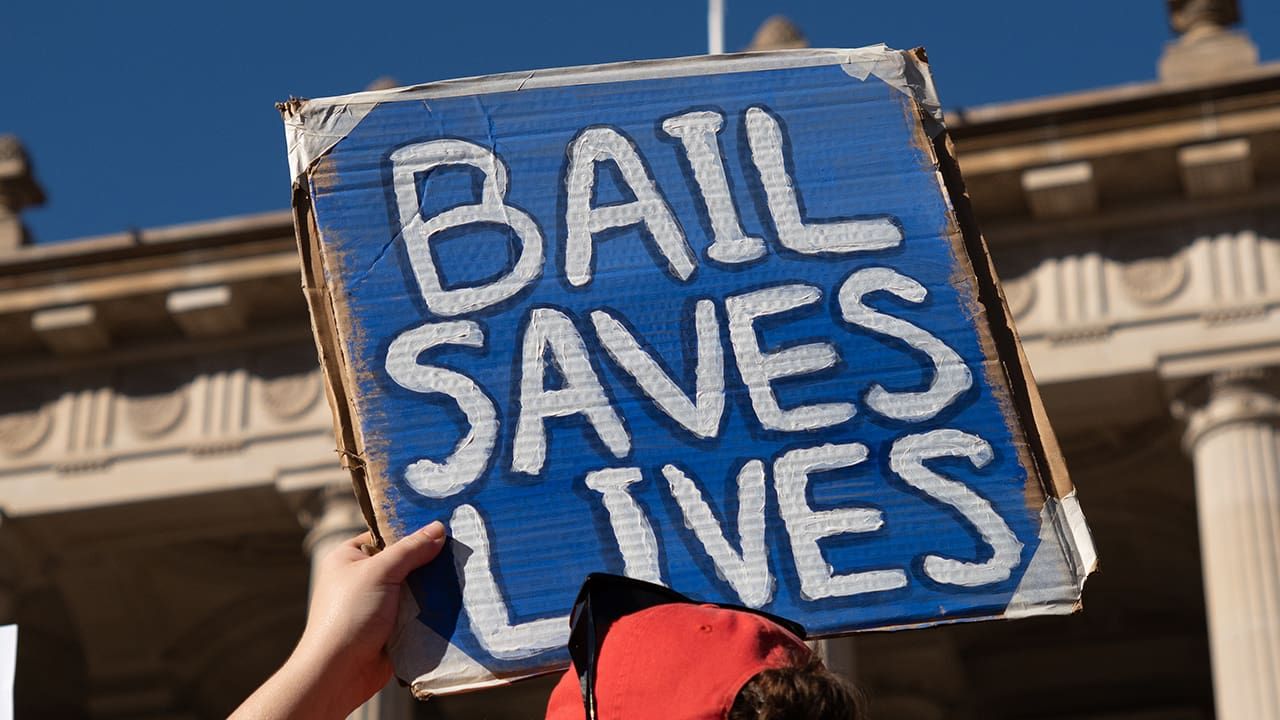Think a Will is enough to decide where your superannuation should go when you pass away?
Kells Lawyers • November 16, 2015
What is a binding death benefit nomination?
Put simply, a binding death benefit nomination (or ‘BDBN’) is a statement made by you to your superannuation fund about who should receive your superannuation benefits when you pass away.
If you have a valid BDBN, the trustee of the superannuation fund is required to follow the instructions you have left. If you don’t have one in place when you pass away, the trustee (usually a company located in a capital city) will decide for you within the parameters of superannuation law.
When things go wrong
The recent case of Stock (as Executor of the Will of Mandie, Deceased) v N.M Superannuation Pty Ltd (2015) FCA 612 shows what can happen if you don’t put in place a valid BDBN.
In 2011, Mr Mandie passed away, leaving behind 2 adult sons and a daughter. His superannuation account was substantial due to a number of insurance policies that he held within the fund. He did not leave in place any BDBN.
While he was alive, Mr Mandie had given his two sons considerable financial help. In exchange for this, the sons agreed in writing that their sister would receive all of Mr Mandie’s assets when he passed away.
Mr Mandie signed a Will to state that all his belongings should go to his daughter and not his sons. Unfortunately, Mr Mandie didn’t realise that you can’t deal with superannuation by simply including it in your Will. This meant that when he passed away, the question of who should receive Mr Mandie’s superannuation was still unanswered.
Without a BDBN, it was up to the fund trustee, a company in Sydney, to decide where the benefits should go. The trustee ultimately decided that each child should get 1/3 of the member’s superannuation in accordance with its usual practice.
The daughter challenged the decision, stressing that her two brothers had signed an agreement with Mr Mandie to say that they were not entitled to receive a benefit. She maintained that the superannuation should have gone to Mr Mandie’s estate so that she could receive 100% of the superannuation as intended.
The Superannuation Complaints Tribunal and later the Federal Court on appeal both disagreed with the daughter. They found that the trustee was not required to consider the agreement signed by the sons and that in following its standard procedure the trustee had made a fair and reasonable decision.
At the end of proceedings, the daughter walked away with only a third of what her father had intended for her and had spent considerable funds in taking the matter to court. All of this could have been easily prevented!
How to avoid making the same mistake
As the saying goes “failing to plan is planning to fail”.
With the value of superannuation proceeds often exceeding the value of the estate assets, the traditional approach of simply putting your Will in place is not enough. A more thorough approach is required, including considering your BDBNs to ensure that all of your assets end up where you want them to!
The Kells estate planning team can help structure your estate planning in conjunction with your accountant to prevent a case like this one happening to you.

Kells has been delivering outstanding services and legal expertise to commercial and personal clients in Sydney and the Illawarra region for more than five decades. Our lawyers are savvy and understand your needs.
Subscribe
Want to get the latest articles and news delivered to your inbox?




